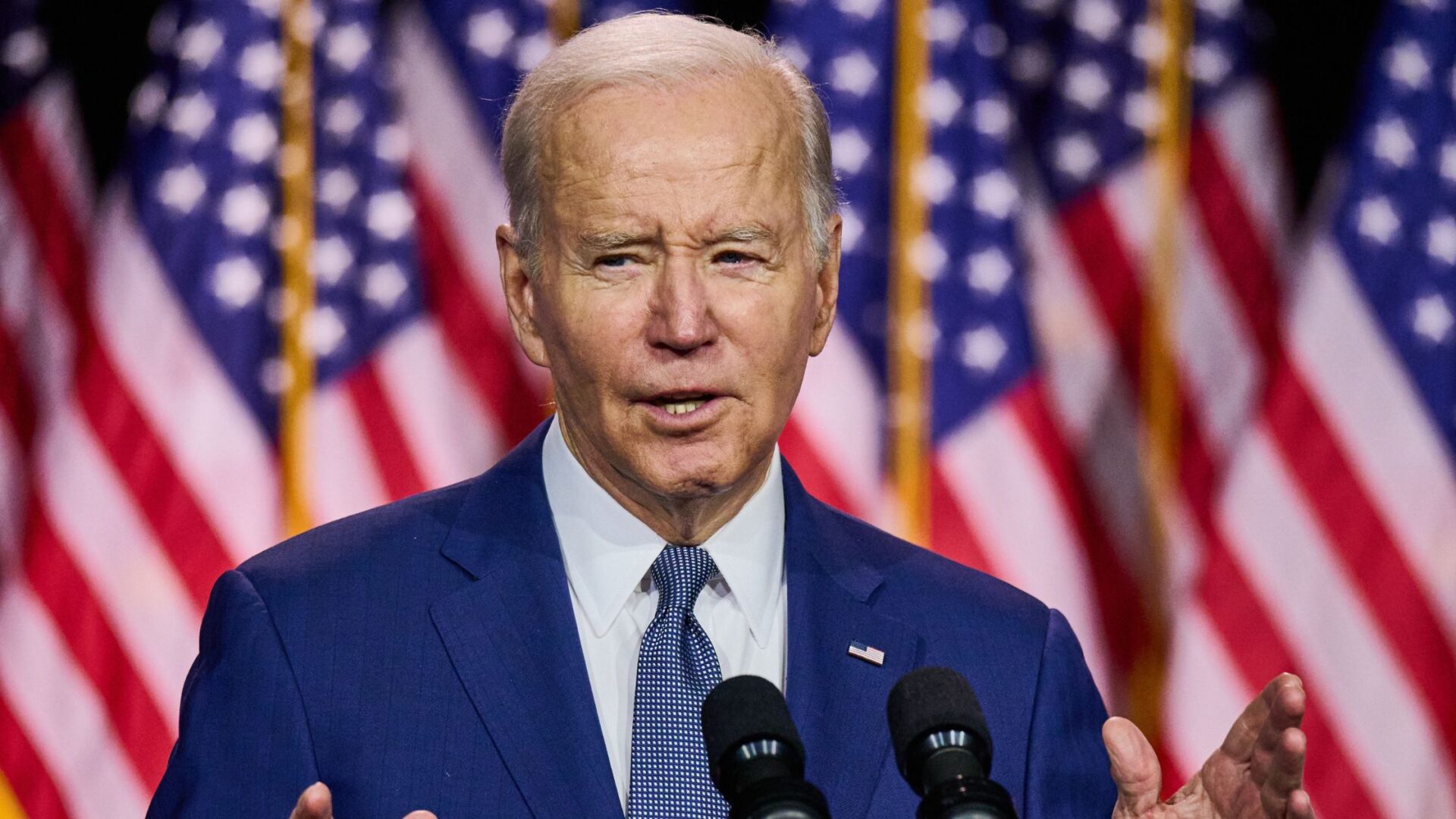Key Takeaways
- A federal judge in Massachusetts is threatening to force the U.S. government to bring back deported criminal illegal aliens.
- The deported individuals have convictions for serious crimes, including homicide, sexual assault, and kidnapping.
- The White House has released a list of the criminals and their crimes to the public.
- The Trump administration calls the judge’s actions an overreach of power and a threat to national security.
- The criminals’ home countries refused to take them back, but one country finally agreed to accept them.
- This is part of a larger debate over immigration and deportations in the U.S.
Judge Steps Into Immigration Debate
A federal judge in Massachusetts, appointed by President Joe Biden, is causing a stir in the immigration debate. Judge Brian Murphy has threatened to order the U.S. government to bring back a group of criminal illegal aliens who were recently deported. These individuals were removed from the country for serious crimes, including murder, armed robbery, and sexual assault.
The judge’s threat came after the Trump administration announced plans to deport the criminals to Libya without notice. Judge Murphy argued that this plan would violate his wishes and possibly break the law. He believes the government should follow certain procedures before deporting people, even if they are violent criminals.
The Trump administration has pushed back strongly against the judge’s actions. “This is another example of a far-left judge trying to control America’s foreign policy,” said a spokesperson for the administration. “President Trump has worked hard to remove dangerous criminals from our streets. We can’t let them come back.”
The Criminals in Question
The White House has released a list of the criminals Judge Murphy wants to bring back. Their crimes are shocking:
- Enrique Arias-Hierro (Cuba): Convicted of homicide, armed robbery, kidnapping, and impersonating a government official.
- Jose Manuel Rodriguez-Quinones (Cuba): Convicted of attempted murder, battery, and drug trafficking.
- Thongxay Nilakout (Laos): Convicted of first-degree murder and robbery.
- Jesus Munoz-Gutierrez (Mexico): Convicted of second-degree murder.
- Dian Peter Domach (South Sudan): Convicted of robbery, firearm possession, and drunk driving.
- Kyaw Mya (Burma): Convicted of committing lascivious acts with a child under 12.
- Nyo Myint (Burma): Convicted of sexual assault on a mentally and physically disabled victim.
- Tuan Thanh Phan (Vietnam): Convicted of first-degree murder and assault.
Each of these individuals was arrested by ICE and deported after serving their sentences. However, their home countries refused to take them back, calling their crimes “barbaric” and “monstrous.”
The Trump Administration’s Response
The Trump administration has defended its actions, saying it’s doing what’s best for America’s safety. “These criminals are a threat to our communities,” said Acting ICE Director Todd Lyons. “We’ve worked hard to deport them so they can’t hurt anyone else. It’s dangerous to even think about bringing them back.”
Assistant DHS Secretary Tricia McLaughlin added, “A judge in Massachusetts is trying to force us to bring back monsters who hurt innocent people. It’s absurd for one judge to control our foreign policy and national security.”
A Larger Issue
This case highlights a bigger problem: many countries refuse to take back their citizens who commit crimes in the U.S. Some of these criminals end up back on American streets because their home countries won’t accept them.
For years, ICE has struggled with what they call “recalcitrant countries” that won’t cooperate with deportations. Even when the U.S. agrees to deport someone, these countries often delay or refuse to take them back.
The Trump administration says it’s finally making progress. “Thanks to President Trump’s leadership, we found a country willing to take these dangerous criminals,” said McLaughlin. “We won’t let them harm Americans again.”
The Judge’s Concerns
Judge Murphy’s actions have sparked a heated debate. He claims the Trump administration’s deportation plan violates legal procedures. He also expressed concerns about deporting people to Libya without notice, arguing that it could violate their rights.
Murphy has a history of involvement in immigration cases. In the past, he has ruled on how the government handles border security and deportations. His decisions have often sided with immigrants’ rights groups.
In a related case, another judge once ordered President Trump to turn around two planes carrying deported criminals. The planes had already left U.S. airspace and were over international waters, but the judge demanded they return.
The Ongoing Debate
This case shows how divided America is on immigration. On one side, the Trump administration believes deporting dangerous criminals is essential for public safety. On the other side, activists and some judges argue that deportations must follow strict legal processes, even if it means bringing criminals back to the U.S.
As the debate continues, one thing is clear: the public is concerned about safety. Many Americans feel that criminals who commit serious offenses should not be allowed to stay in the country. At the same time, others worry about fairness and due process for immigrants, no matter their crimes.
Judge Murphy’s threat to bring back the deported criminals has added fuel to the fire. It remains to be seen how this will play out in court and how it will impact the Trump administration’s deportation efforts.
This case is a reminder of how complicated immigration issues are in the U.S. While everyone wants to keep communities safe, there’s no easy answer on how to handle criminals who are not U.S. citizens. For now, the spotlight is on Judge Murphy and his decision that could have far-reaching consequences.
